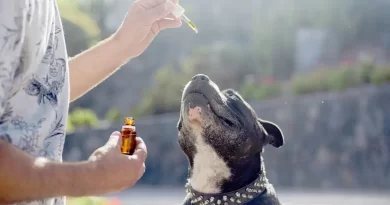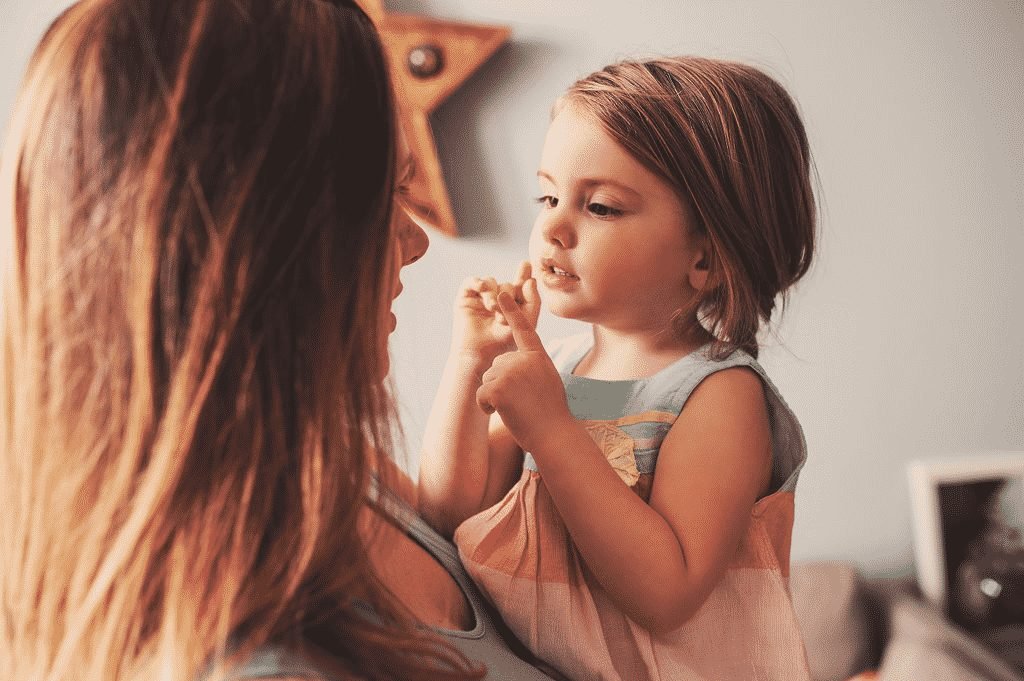Parents should get diaper changing permission from their baby
Australian relationship expert and sex therapist Deanne Carson rocked the world a while ago with a bizarre statement that is still hotly debated on social media and social media today. In it, she demands that parents ask their baby’s permission before changing a diaper. But what is behind this requirement? Is it completely bizarre, or is there a deeper meaning? Here you will find the answer.
“If it smells, then it has to go!” is certainly the first thought that pops into the head of mothers and fathers when they think of full diapers. And should that be different now? What would happen if the baby trilled a courageous NO? Do I just leave the stinker in? How crazy would that be? And wait – the baby can’t even talk? And now? She’s crazy! 🙈😊
Do experts get bored sometimes? 🤔
As abstract as Deanne Carson’s statement may seem at first glance, it still has a serious background. Of course, in the end it’s not about entering into a dialogue with your baby about whether it would make sense to change a diaper. With her demand, however, she is already talking about the basic preservation of physical integrity. A thing that, by the way, most parents are already doing masterfully when changing diapers. But what does that mean now? What do you mean with that?
Let’s jump to much older children. The typical parenting style that we implement with children today includes a large portion of participation. One speaks of “needs-oriented education”. Essentially, it is about involving children in certain decisions. And it’s about maintaining boundaries that children are also allowed to draw in everyday life. In most families, this is considered completely normal. And well – these limits also include physical experiences.
We can all certainly remember that ONE funny “uncle” from our childhood who was always really nice, but sometimes went way beyond our comfort zone. He was at every family party and had such stupid habits: constantly tousling our hair, pinching our cheeks with his fingers and making funny noises. But maybe as a child you didn’t like being constantly thrown over your head in the air, or simply being carried on your shoulders because you were afraid of falling off. All of these are actually minor abuses that shouldn’t happen if a child speaks out against them clearly and unequivocally.
To ask for “nappy changing permission” just makes sense
And so we are slowly but surely approaching Deanne Carson’s statement. Of course, you’re not going to have an intense conversation with an infant about the pros and cons of a freshly changed diaper. That’s not what she meant by her statement. As a relationship expert, she is concerned with not simply physically “running over” babies on the way to basic trust and bonding in (perhaps) uncomfortable situations. In fact, even infants can have a bad day. They are then not in a good mood and fussy. They might want anything but to hang out on the changing table the moment you declared dirty diapers Public Enemy #1. And that is her right.

So Carson advocates that when you’re changing a baby’s diaper, you should always be actively involved. Parents should show that they have noticed a gripe (or even a smile) and react accordingly. In fact, we all do, in most cases. Only when things get hectic and the baby has to be changed quickly before you leave the house does it sometimes happen that you lapse into an automatism in which you are already stuck with your head in the appointment instead of the baby full and to give his full attention.
And if this rare case has occurred, in the worst case you can still feel all day long that your own baby is not so good at talking to you. Yes, Deanne Carson’s statement sounds abstract at first glance. But even a baby quickly notices when you are not paying attention. So if a baby doesn’t feel like changing a diaper, you should be particularly attentive and loving. At best, you talk and play with your baby for a little while until he gives you a happily chuckling laugh. Then you can start wrapping.
In this way, you will always get the official baby permission to remove the stinker in the future. 😇
Visit the rest of the site for more useful and informative articles!




